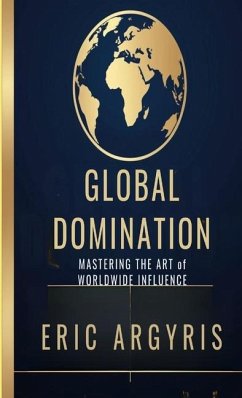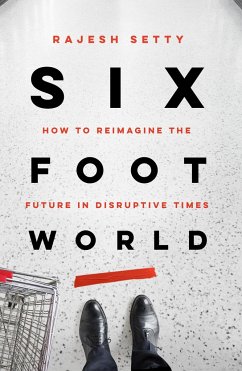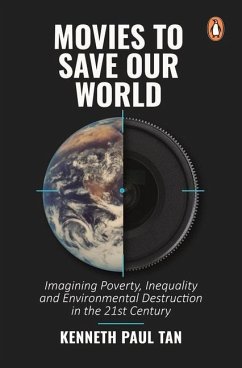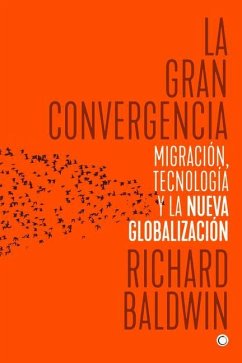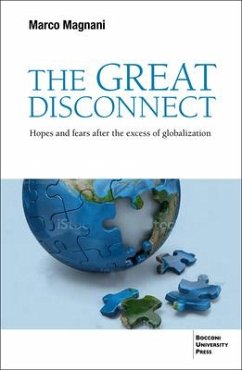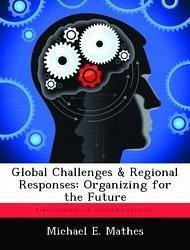
Global Challenges & Regional Responses
Organizing for the Future
Versandkostenfrei!
Versandfertig in über 4 Wochen
15,99 €
inkl. MwSt.

PAYBACK Punkte
8 °P sammeln!
The advent of globalization and the revolution in military affairs necessitates making substantive changes to the Army's organizational structure. The current traditional hierarchical structure worked well in the Cold War era but is now a source of rising tension between warfighting effectiveness and peace keeping efficiencies. Acknowledging the impact of globalization on the Army, Army Chief of Staff General Eric K. Shinseki stated his willingness to tackle tough organizational change. This monograph researches organizational change from the perspective of international corporations respondin...
The advent of globalization and the revolution in military affairs necessitates making substantive changes to the Army's organizational structure. The current traditional hierarchical structure worked well in the Cold War era but is now a source of rising tension between warfighting effectiveness and peace keeping efficiencies. Acknowledging the impact of globalization on the Army, Army Chief of Staff General Eric K. Shinseki stated his willingness to tackle tough organizational change. This monograph researches organizational change from the perspective of international corporations responding to the forces of globalization. By studying corporate organizational structure and corporate organizational change, numerous lessons can be drawn that are applicable to the Army's transformation efforts. An analysis of General Motors demonstrates the need for large, traditionally structured organizations to embrace change while the study of Shell Oil demonstrates the necessity of sustaining structural change. Given the difficulty and the importance of the organizational redesign process, it is critical that the Army's leadership studies past efforts to reorganize the Army and researches corporate case studies focusing on organizational transformation. Many of the concerns that General Shinseki is facing in his attempt to organize the Army into a strategically responsive force are identical to the ones faced by chief executive officers in the corporate arena. A failure to study corporate America's reorganization efforts increases the risk that the Army's transformation efforts will fail, leaving the Army isolated and operationally and strategically irrelevant in comparison with its forward looking sister services. This work has been selected by scholars as being culturally important, and is part of the knowledge base of civilization as we know it. This work was reproduced from the original artifact, and remains as true to the original work as possible. Therefore, you will see the original copyright references, library stamps (as most of these works have been housed in our most important libraries around the world), and other notations in the work. This work is in the public domain in the United States of America, and possibly other nations. Within the United States, you may freely copy and distribute this work, as no entity (individual or corporate) has a copyright on the body of the work. As a reproduction of a historical artifact, this work may contain missing or blurred pages, poor pictures, errant marks, etc. Scholars believe, and we concur, that this work is important enough to be preserved, reproduced, and made generally available to the public. We appreciate your support of the preservation process, and thank you for being an important part of keeping this knowledge alive and relevant.



